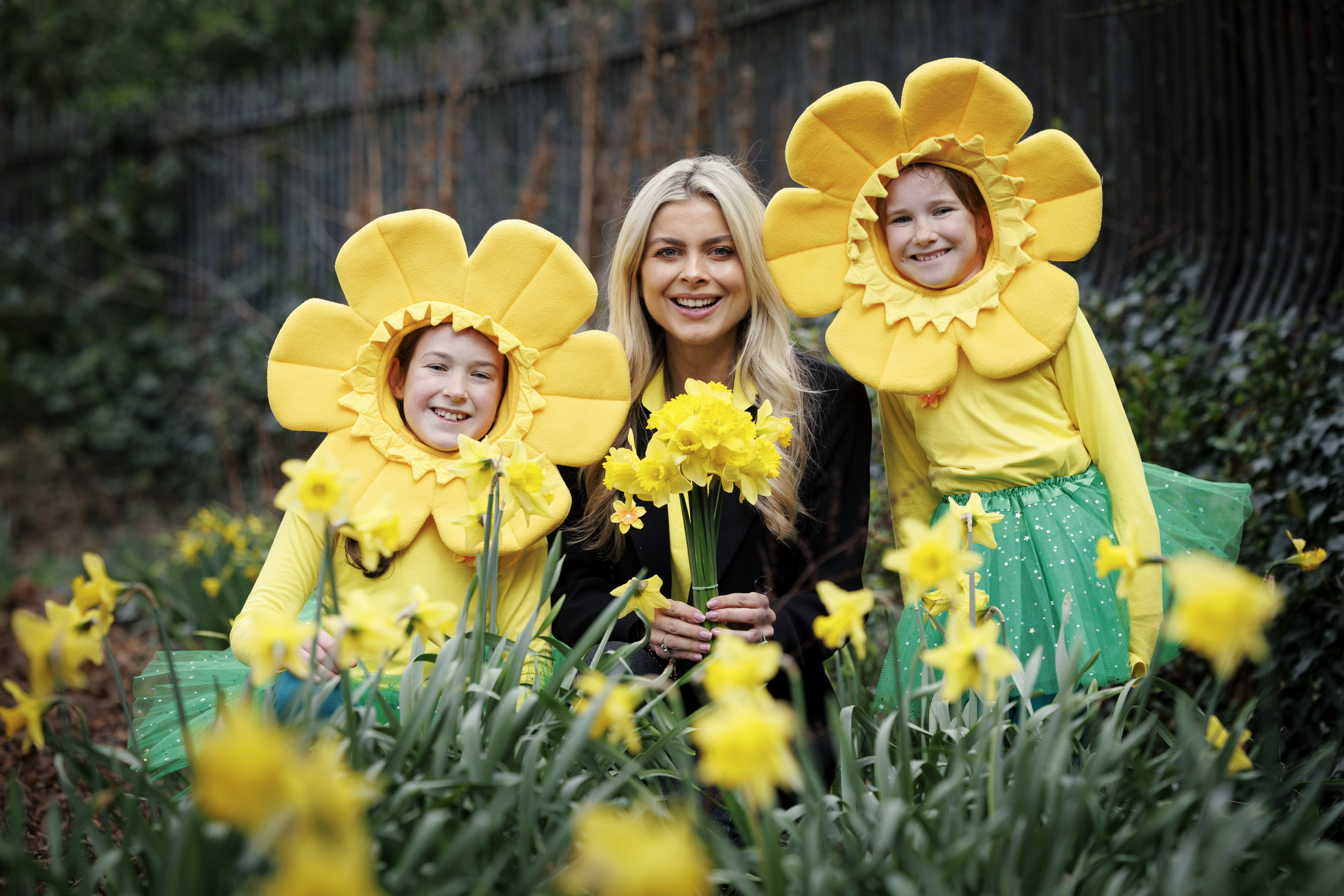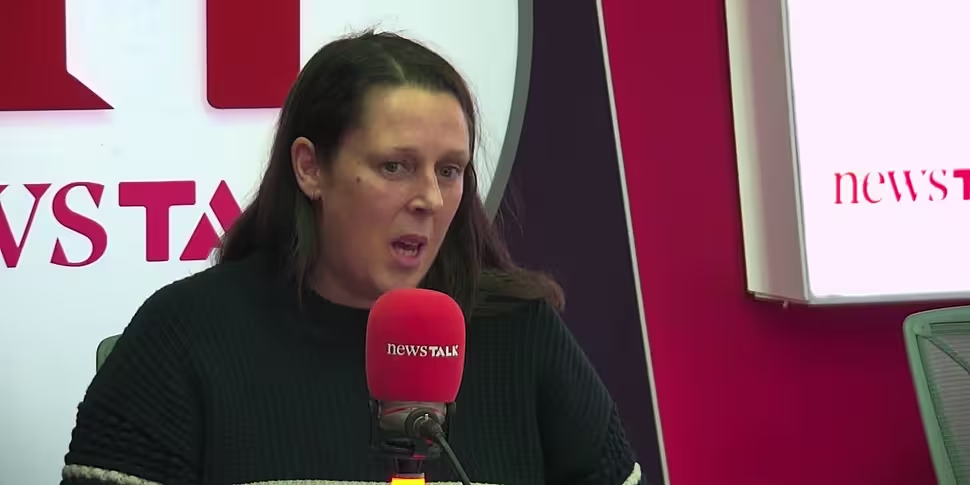An ovarian cancer survivor has said “nobody should go through” what she did in overcoming her illness.
Defence Forces member Deirdre O’Raw was diagnosed with cancer in February 2020 after initially thinking many of her symptoms were down to “being middle-aged”.
Things came to a head after she began experiencing bad pain on her righthand side and she was rushed to hospital before being informed three days later that she had ovarian cancer.
On The Pat Kenny Show today, Deirdre said doctors didn’t know how far her cancer had progressed until she went under the knife three weeks later.
“I had my surgery and then I was told I had stage 3C ovarian cancer,” she said.
“I then went through 16 weeks of chemo and started on this relatively new treatment called PARP inhibitors which are meant to stop the cancer cells from growing again.”
UCD research
Deirdre then teamed up with UCD to help them research how the new treatment was working.
“They were examining how PARP inhibitors work, how mine specifically targeted the cell growth of ovarian cancer cells,” she said.
“There were very few people with my mutation of cancer on this treatment at the time.
“By working with UCD they actually expanded their research to look at different inhibitors and how different ones affected different cancer cells.
“I got involved in these projects with UCD because I never want another person to have to go through what I went through.”
Early diagnosis
Deirdre said “early diagnosis is critical” in tackling ovarian cancer, but there is currently nothing available to test for it.
“There is no screening, nothing for ovarian cancer,” she said.
“It’s literally keeping an eye on signs and symptoms and liaising with your doctor about them.”
She said ovarian cancer symptoms can often be “mixed up” but following the BEAT acronym is what is currently recommended.
“That is if you are bloating excessively, if you are eating less and feeling fuller sooner, if you have abdominal pain, or if you have changes in your toilet habits,” said Deirdre.
“It’s not if you have these symptoms for a day or two, it’s if you have it for more than three weeks you should get your doctor to have a look.”
 Pictured at the Daffodil Day 2023 launch was ambassador Jess Redden with little Daffodil fairies Ruth Aherne (9) and Rose Aherne (7) from Stepaside, Dublin. Image: Irish Cancer Society
Pictured at the Daffodil Day 2023 launch was ambassador Jess Redden with little Daffodil fairies Ruth Aherne (9) and Rose Aherne (7) from Stepaside, Dublin. Image: Irish Cancer SocietyDeirdre called on everyone to get behind Daffodil Day on March 22, a national fundraising event organised by the Irish Cancer Society.
“Every single family in Ireland is affected by cancer and, as a patient, the Irish Cancer Society is your safety blanket,” she said.
“They supply so many services, aside from the medical ones, and they just support you through it all.”
Some 42,000 people receive a cancer diagnosis in Ireland every year.
Those who wish to get involved in this year’s Daffodil Day, or donate, can do so by visiting cancer.ie/daffodilday
You can listen back here:
Main image: Dierdre O'Raw in Newstalk studios today. Image: Newstalk.









